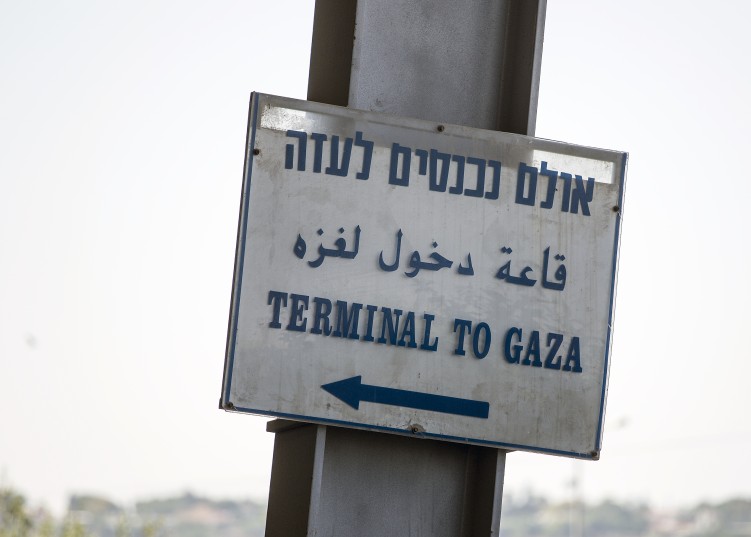
Gaza Killing Puts Hamas on the Ropes
The point-blank assassination on Friday night of Mazen Fukasha, a member of the Hamas military wing in Gaza City, is likely to have sent shockwaves through the organization, an Israeli security official said Sunday, but the move will not necessarily lead to renewed fighting between the sides.
Israel has not confirmed or denied participation in the attack, but Maj. Gen. (ret.) Amos Yadlin, a former head of IDF military intelligence who now serves as Executive Director of Tel Aviv University’s Institute for National Security Studies (INSS), told Army Radio Sunday that whether or not Israel carried out the assassination, the killing created a sense of panic in the terror group.
“Whether or not Israel was responsible for this, [the bottom line] is that Hamas was very surprised by the attack, for two reasons,” Yadlin said. “One, it came during a period of ‘ceasefire,’ at least from the point of view of Hamas. For two-and-a-half years they haven’t fired rockets at Israel and they have acted strongly against Salafi groups that have done so.
“The second shock to the group is that it was carried out at close range. There was no unmanned drone, just an individual with a pistol and a silencer. Hamas often criticizes Israel for being cowardly, but there’s no way to say that in this case.”
Fukasha, who served as head of Hamas’ Judea and Samaria brigade, was responsible for planning the murder of dozens of Israelis during the 2000-2004 intifada, including 19 people on a Jerusalem bus and nine more near the city of Safed. He was arrested in 2003 and sentenced to nine life sentences but released as part of the Gilad Shalit deal in 2011.
Yadlin added that if Israel was responsible for the assassination, the correct description for the killing would be “preventative killing,” not a settling of accounts. That’s good, said the father of one victim, 19-year-old Yifat Gavrieli, who said the elimination of Fukasha did not close his open account with Hamas.
“There are two more terrorists sitting in jail who took part in the attacks. Both have been sentenced to 10 life sentences. Not many people know this, but they are both members of the Bakri family. They are Israeli citizens and cousins of Mohammed Bakri (an Israeli Arab film director whose 2002 film Jenin, Jenin, accused Israeli soldiers of massacring hundreds of civilians in the Jenin refugee camp during Operation Defensive Shield – A.F.). During their trial – and I was at every session – Bakri came to show support for [the killers] and to offend [families of the victims].
“So, no, my account with them is not settled,” said Koby Gavrieli.